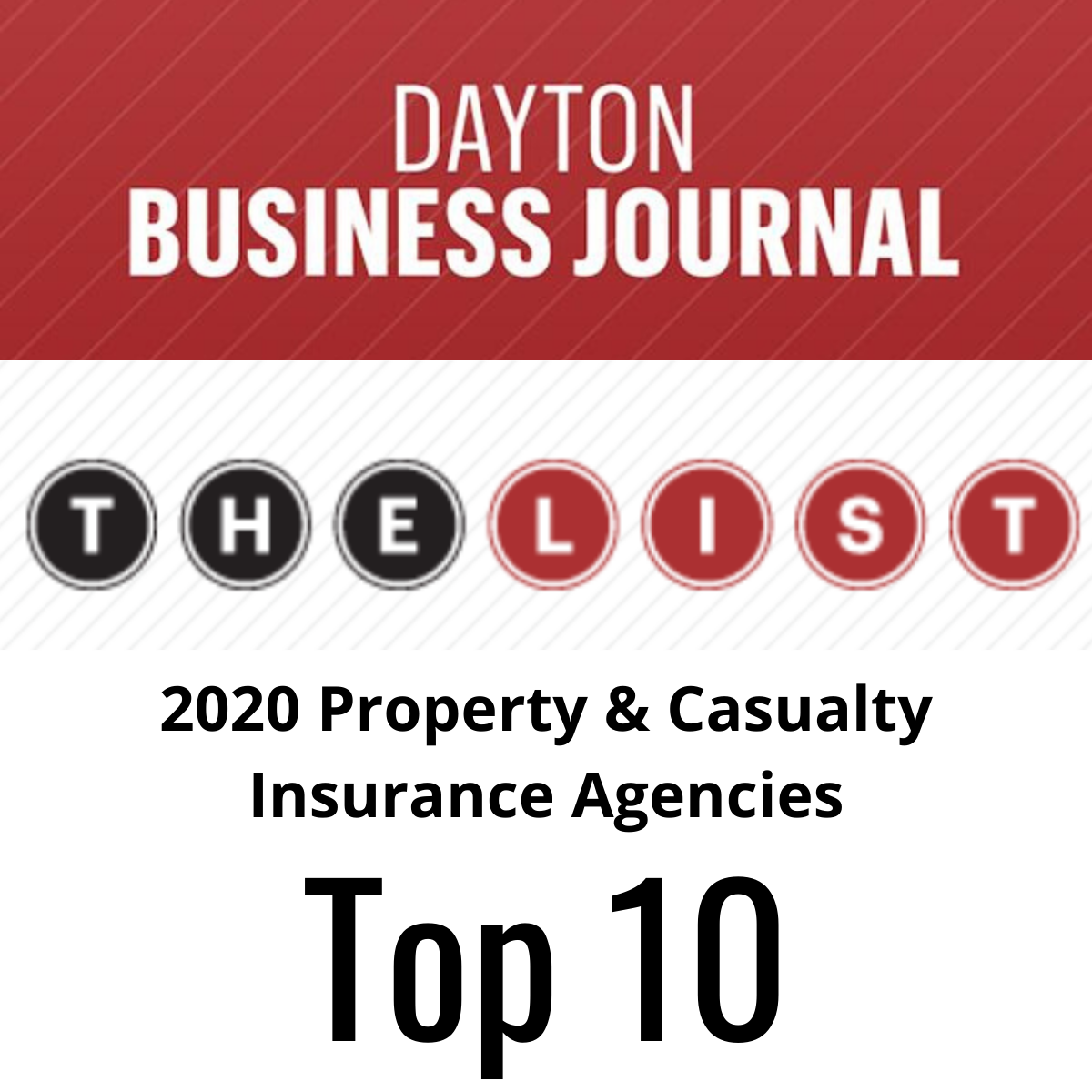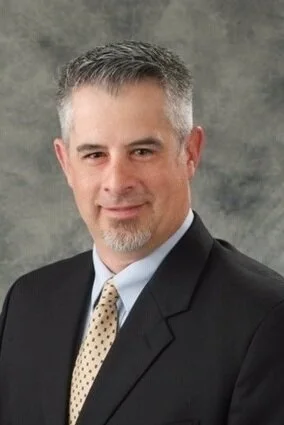In the article “Commercial Insurance & Riot Damage,” Expert Insurance Reviews interviewed partner P.J. Miller to examine what’s covered under commercial insurance for riots and looting, and how businesses can recover from damage and other losses.
P.J. commented:
“The types of insurance that cover riot and looting damage would be:
Most standard property insurance policies would cover riot damage including the policy terminology of civil commotion and vandalism, as typically these are automatically covered with some specific conditions excepted.
Looting most likely requires some form of ‘theft’ coverage, as looting would typically not fit within the definition of vandalism. Vandalism means they damaged the building or contents but didn’t take anything. Looting fits the definition of theft, burglary, or possibly robbery.
Many business owners have been impacted by the coronavirus because the business had to temporarily or permanently shut down and, just as important, all business policies exclude (do not cover) the loss of business income.
Property policies require physical damage to the building or contents to trigger coverage and only then can your presented ‘loss’ be considered for a business interruption claim.
The exception to an indirect circumstance would be the building down the road that sustains damage and civil authorities prohibit entering that area which, in turn, creates a loss of income for the business owner since no one, including potential customers, is allowed into the detoured area.
Most property policies contain the clause and limit the exception to a business interruption claim for a two-week period. The impact of riot damage and the coronavirus is potentially significant for each circumstance.
Rioting
While widespread across the country, rioting can cause disruption to specific locations and communities in the form of moratoriums on property coverage. The people getting ready to close on a house or commercial building might find it difficult in obtaining the necessary coverage until the moratorium is lifted.
Additionally, even not-at-fault claims can be taken into consideration when buying or renewing insurance, so if you were affected by riot damage or looting, it most likely will show up on your claim history and can impact your premium, deductibles going forward, and your acceptability when shopping around for different coverage and pricing.
Property Insurance and Liability
While the coronavirus is being debated on the property insurance and liability insurance fronts, the entire industry is holding its collective breath.
Most estimates indicate little to minor impact to COVID-19 as it stands, but in the event of legislation to the detriment of the industry, the estimates then lean toward massive to complete devastation of the property and liability insurance industry.
On the property side, the main issue is business insurance in the form of business interruption or loss of income coverage. The restaurant that was coming off of a great year in 2019, all of a sudden went to zero sales with staff layoffs and the inevitable closure.
Insurance industry insiders are suggesting coverage be implemented through a program similar to a FEMA flood plan, while others suggest charging for business interruption or loss of income coverage and removing the exclusionary language. The impact on business owners’ bottom lines could be significant, if not unaffordable.
In the meantime, coverage remains unobtainable. In southwest Ohio, in my town of 60,000, protesters and rioters caused minimal disruption and relatively low levels of damage, estimated to be $75,000 to $100,000. Add to that the cost of overtime of law enforcement and emergency repairs for boarding of buildings.
Numerous panes of glass were damaged in business and governmental buildings, in addition to municipality vehicles. Streets were closed, law enforcement was in-place and several arrests were made, in addition to curfews set for two nights.
Fortunately, only minor injuries were reported. Law enforcement handled the situations and their presence helped keep the disturbance to a low level and they attributed most of the problems to a select few, ending in their arrests.”
Questions about business insurance? Contact Wallace & Turner at (937) 324-8492 in Springfield, (937) 652-8492 in Urbana, or info@wtins.com.








